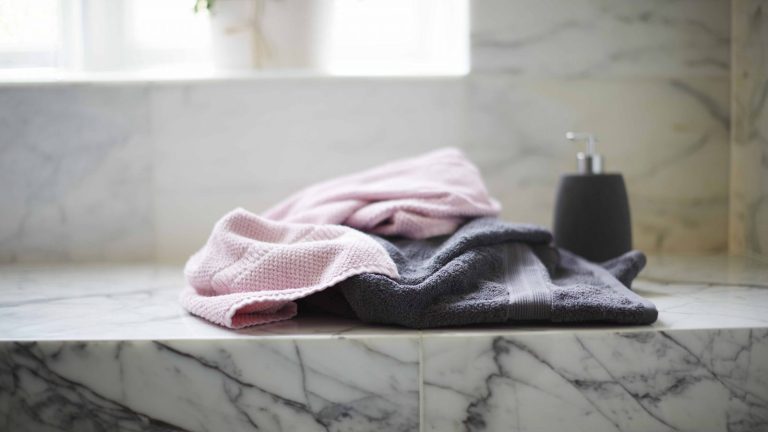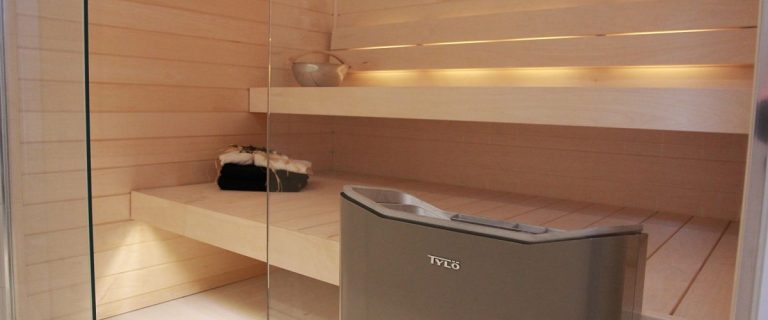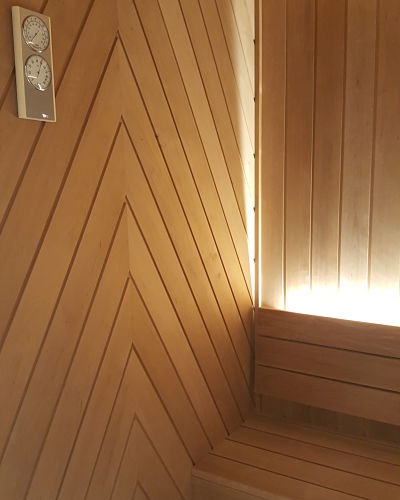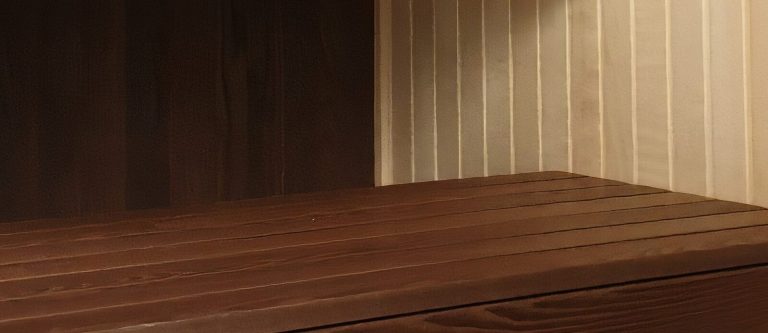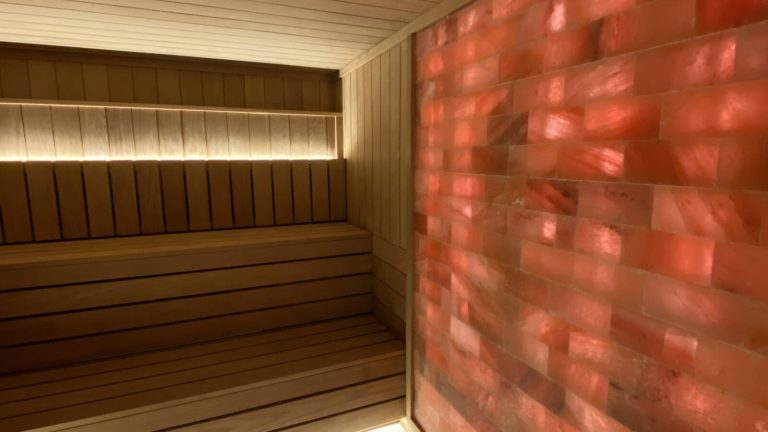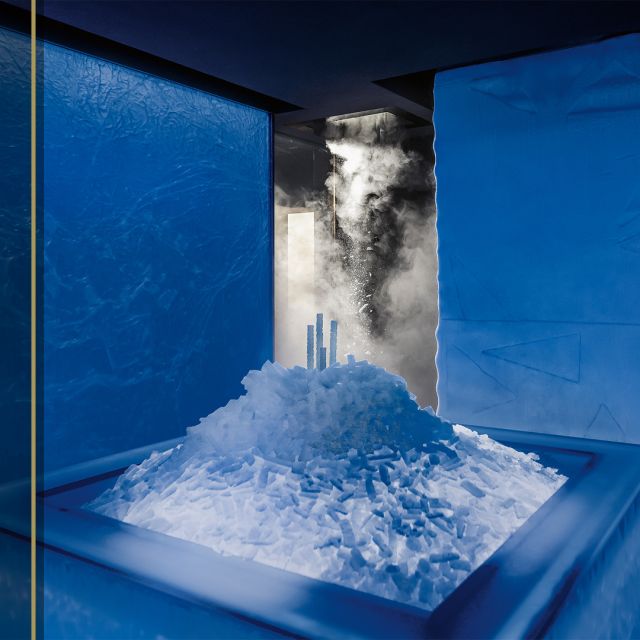News & Articles
View by article type:
- All
- News
- Insights
- Press
- Wellness Spaces
Be inspired
Our Portfolio
For more than 50 years, our experienced team of designers, engineers, and project managers have brought ambitious projects to life, delivering inspirational swimming pool and wellness suite designs, built to exceptional quality standards. If you can dream it, we’ll design and build it (Subject to the laws of physics).
Take a look at some of our recent projects.

